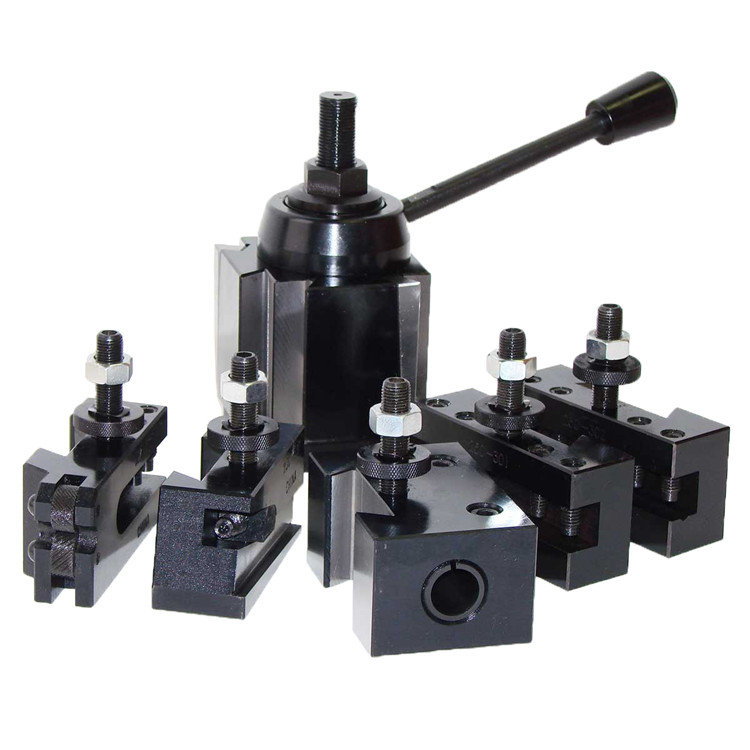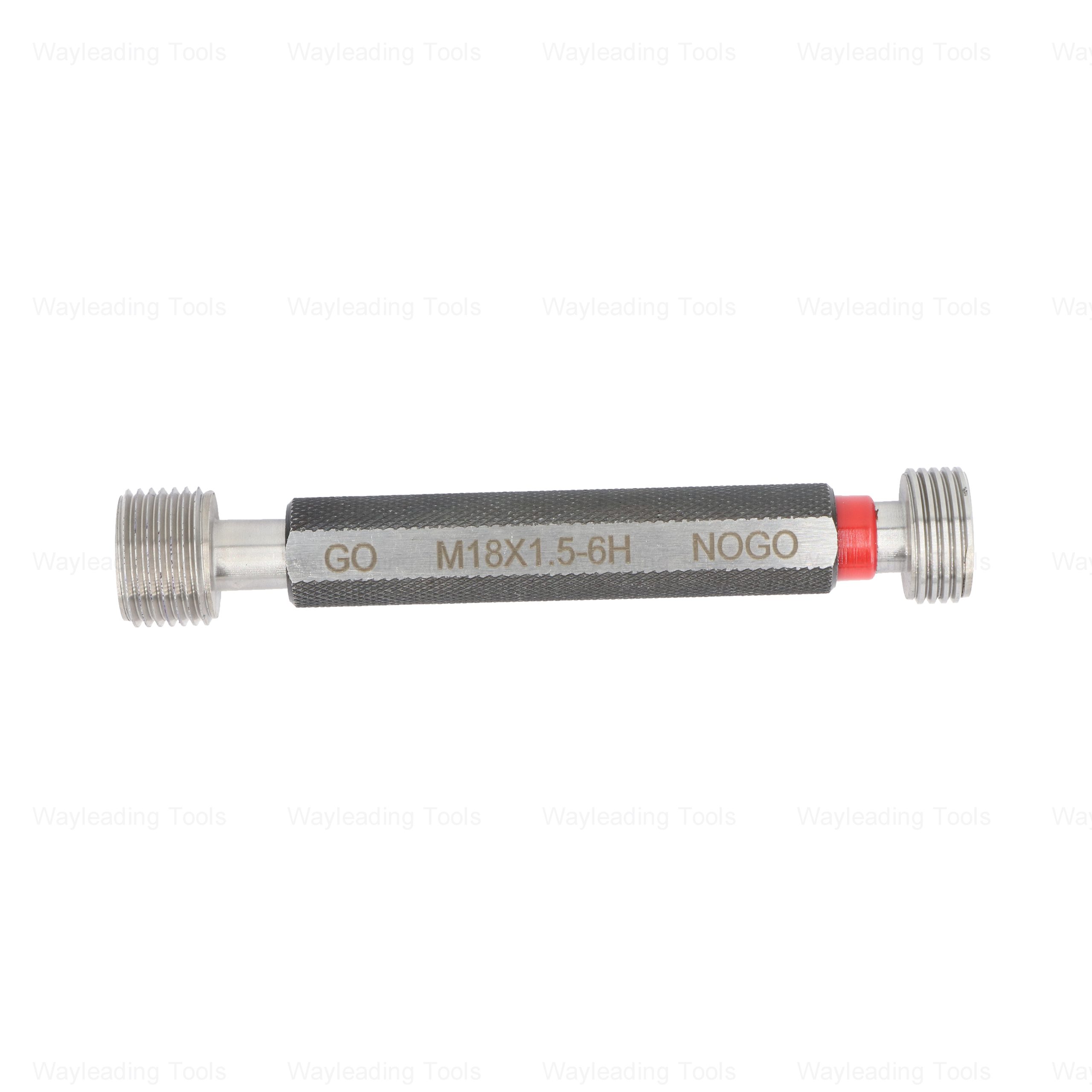CNCQ insert Factories
Sourcing high-quality CNC insert factories is crucial for efficient and precise machining. This article explores the key factors to consider when choosing a reliable CNC insert factory, covering aspects like material selection, manufacturing capabilities, quality control, and cost-effectiveness. We'll delve into different insert types and applications, helping you make an informed decision that aligns with your specific machining requirements. Learn how to identify reputable CNC insert factories that can consistently deliver top-notch products and contribute to your overall manufacturing success.
Understanding CNC Inserts and Their Importance
CNC inserts are essential cutting tools used in CNC (Computer Numerical Control) machines for turning, milling, and threading operations. They are typically made from materials like cemented carbide, ceramics, cermets, cubic boron nitride (CBN), and polycrystalline diamond (PCD), each offering unique properties suitable for different materials and cutting conditions. The choice of insert material and geometry directly impacts cutting speed, feed rate, surface finish, and tool life.
Types of CNC Inserts
There's a wide variety of CNC inserts available, each designed for specific applications:
- Turning Inserts: Used for turning operations on lathes, these inserts come in various shapes (e.g., square, round, triangular, diamond) and sizes.
- Milling Inserts: Designed for milling operations on milling machines, these inserts are typically mounted on a milling cutter body.
- Threading Inserts: Used for creating threads on workpieces, available for both internal and external threading.
- Grooving Inserts: Designed for creating grooves or recesses in workpieces.
- Cut-off Inserts: Used for parting or cutting off material from a workpiece.
Material Selection for CNC Inserts
The material of the insert should match the material of the workpiece. Here's a brief overview of common insert materials and their suitable applications:
- Cemented Carbide: Versatile material suitable for machining a wide range of materials, including steel, stainless steel, cast iron, and non-ferrous metals.
- Ceramics: Ideal for high-speed machining of hardened steels and cast iron.
- Cermets: Offer a good balance of hardness, wear resistance, and toughness, suitable for finishing operations on steel and stainless steel.
- CBN: Used for machining hardened steels, superalloys, and cast iron at high cutting speeds.
- PCD: Offers exceptional hardness and wear resistance, ideal for machining abrasive materials like aluminum alloys with high silicon content and composites.
Key Factors to Consider When Choosing a CNC Insert Factory
Selecting the right CNC insert factory is critical for ensuring the quality and performance of your machining operations. Consider these factors:
Manufacturing Capabilities and Expertise
A reputable CNC insert factory should possess advanced manufacturing equipment, including CNC grinding machines, EDM (Electrical Discharge Machining) machines, and coating equipment. They should also have experienced engineers and technicians who can design and manufacture inserts to meet your specific requirements. Check if the factory offers custom insert design and manufacturing services.
Material Quality and Sourcing
Inquire about the materials used by the CNC insert factory. They should source high-quality raw materials from reputable suppliers. Look for certifications and material test reports to ensure the material meets industry standards.
Quality Control and Testing
A rigorous quality control system is essential. The factory should have inspection processes in place at various stages of manufacturing, including incoming material inspection, in-process inspection, and final inspection. Look for certifications like ISO 9001 to demonstrate their commitment to quality. They should also have the capability to perform various tests, such as hardness testing, wear resistance testing, and coating adhesion testing.
Cost-Effectiveness
While quality is paramount, cost is also a significant consideration. Compare quotes from different CNC insert factories and evaluate the total cost of ownership, including the price of the inserts, shipping costs, and potential tooling costs. Remember that cheaper isn't always better; prioritize value over the lowest price.
Lead Time and Delivery
Ensure the CNC insert factory can meet your required lead times. Inquire about their production capacity and inventory management system. Reliable delivery is crucial to avoid production delays.
Communication and Customer Support
Clear and responsive communication is vital for a successful partnership. The CNC insert factory should be readily available to answer your questions and provide technical support. Consider time zone differences and language barriers.
Finding Reputable CNC Insert Factories
Several resources can help you find reliable CNC insert factories:
- Online Directories: Websites like Alibaba, Global Sources, and IndustryNet list CNC insert factories from around the world.
- Trade Shows: Attend manufacturing trade shows to meet potential suppliers in person and see their products firsthand.
- Industry Associations: Contact industry associations for recommendations.
- Referrals: Ask for referrals from other companies in your industry.
Case Study: Improving Machining Efficiency with the Right CNC Inserts
A manufacturing company specializing in aerospace components was experiencing issues with short tool life and poor surface finish when machining titanium alloys. They were using standard carbide inserts from a local supplier. After switching to PCD inserts specifically designed for titanium machining from a reputable CNC insert factory, they saw a significant improvement in tool life (a 300% increase) and a better surface finish. This resulted in reduced tooling costs, less downtime, and improved product quality. This shift was possible due to Wayleading Tools's consultation and recommendation of the specialized PCD inserts after analyzing their machining process. Wayleading Tools is committed to providing solutions that enhance machining efficiency for various industries. Contact Wayleading Tools at www.wayleading.com to explore how we can optimize your tooling needs.
Comparing Popular CNC Insert Materials
| Material | Hardness (HRA) | Wear Resistance | Toughness | Suitable Materials | Typical Applications |
|---|---|---|---|---|---|
| Cemented Carbide | 89-94 | Good | Good | Steel, Stainless Steel, Cast Iron, Aluminum | General purpose machining |
| Ceramics | 92-95 | Excellent | Poor | Hardened Steel, Cast Iron | High-speed finishing |
| Cermets | 90-93 | Very Good | Moderate | Steel, Stainless Steel | Finishing and semi-finishing |
| CBN | >95 | Excellent | Poor | Hardened Steel, Superalloys | High-speed machining of hard materials |
| PCD | >99 | Exceptional | Poor | Aluminum Alloys (high silicon), Composites | Machining abrasive materials |
Source: Material hardness values are approximate and can vary depending on the specific grade and manufacturer. Consult material data sheets for precise specifications.
Conclusion
Choosing the right CNC insert factory is an investment that can significantly impact your machining operations. By considering the factors outlined in this article, you can find a reliable partner who can provide high-quality inserts, improve your machining efficiency, and reduce your overall manufacturing costs. Remember to prioritize quality, reliability, and customer support when making your decision.
Related products
Related products
Best selling products
Best selling products-
 Indexable Square Shoulder End Mill For Industrial
Indexable Square Shoulder End Mill For Industrial -
 Wedge Type Quick Change Tool Post Set In lathe Machine
Wedge Type Quick Change Tool Post Set In lathe Machine -
 Precision Dial Caliper Of Double Shock-Proof For Industrial
Precision Dial Caliper Of Double Shock-Proof For Industrial -
 Precision Dial Indicator Gage For Industrial With Jeweled
Precision Dial Indicator Gage For Industrial With Jeweled -
 Electronic Digital Height Gauge From 300 to 2000mm
Electronic Digital Height Gauge From 300 to 2000mm -
 HSS Metric Taper Shank Twist Drills for High-Precision Metal Cutting
HSS Metric Taper Shank Twist Drills for High-Precision Metal Cutting -
 MT/R8 Shank Quick Change Tapping Chuck With MT & R8 Shank
MT/R8 Shank Quick Change Tapping Chuck With MT & R8 Shank -
 Parting & Grooving Tool Set With SLTB Blcok, NCIH Blades, GTN Inserts
Parting & Grooving Tool Set With SLTB Blcok, NCIH Blades, GTN Inserts -
 Inch HSS Step Drills with Straight Flute
Inch HSS Step Drills with Straight Flute -
 High-Precision Metric Thread Plug Gauge – 6H Class, GO & NO-GO Ends
High-Precision Metric Thread Plug Gauge – 6H Class, GO & NO-GO Ends -
 HSS Metric Square Tool Bit With Industrial Type
HSS Metric Square Tool Bit With Industrial Type -
 Precision 10pcs & 12pcs Angle Blocks Set With High Quality Type
Precision 10pcs & 12pcs Angle Blocks Set With High Quality Type
Related search
Related search- PCRN turning tool holder Supplier
- height gauge Factories
- american taper pipe full profile threading insert
- High-Quality end mill set
- step drill bit Manufacturers
- Wholesale MWLN turning tool holder
- 5c collet fixture Factories
- High-Quality tailstock chuck
- MVHN turning tool holder Factory
- High-Quality morse taper sleeves










